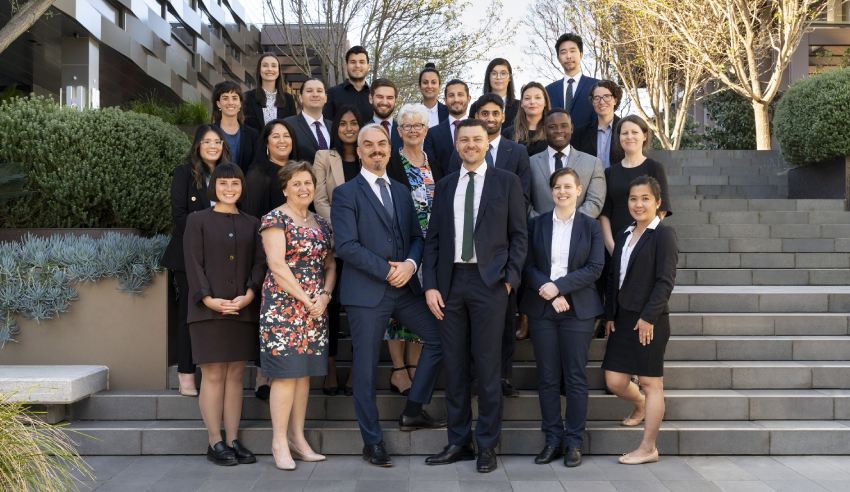Migration law in Australia will continue to experience a “shift” post-pandemic, according to this migration law expert.

In conversation with Lawyers Weekly, Daniel Estrin, partner at Estrin Saul Lawyers and winner of the migration category at last week’s Partner of the Year Awards, said the migration law landscape is looking particularly promising post-pandemic.
“I would personally like to see the workforce migration program be less focussed on highly skilled migration and address the large scale unskilled and semi-skilled work shortages, not only with stop-gap solutions but with proper pathways to permanent residence.”
Moreover, Mr Estrin said that SME and boutique firms have a critical role to play, particularly specialist firms who “live and breathe immigration and its constant changes”.
“Clients need advisors who have their finger on the pulse, and that’s a service that many generalists cannot offer,” he added.
“The beauty of a specialist firm is that we see so many problem cases come through the door – by sharing that information among the team, we are better equipped to know what works and what doesn’t.”
Within this constantly changing area of law, firms can support their clients and communities by planning ahead, setting reasonable expectations and charging reasonable fees, Mr Estrin said.
“Know what you don’t know, and focus on what you’re good at – if you don’t know business visas, hand it to someone who does and work with other professionals to refer to strengths, rather than dabble. The consequences are too dire,” he advised.
“[Also], specialists often know the law better than the government – so get involved and make lasting changes that benefit your clients and cut bureaucratic red tape.”
Moving forward – and as lawyers are longer subject to the Registered Migration Agent framework – there has been a shift in the migration law landscape, which will continue as we enter a post-pandemic era.
As lawyers, we need to work together with registered migration agents, who play an important role, particularly transactional work and ensuring our students and skilled workers are brought back to Australia.
“I am also confident there will be a lot of work over the next few years, so facilitating Australia achieve its migration goals is as important as holding the government to account for its actions,” Mr Estrin added.
“As migration lawyers, we will need to be across more than just migration – more and more clients want rounded advice which incorporates employment law, business structure and retention strategies into their overseas workforce plan. Migration law is not for the faint-hearted; it’s fast-paced, demanding, stressful, but incredibly enjoyable. The next wave of migration is at our doorstep, and we are ready and excited!”

Lauren is the commercial content writer within Momentum Media’s professional services suite, including Lawyers Weekly, Accountants Daily and HR Leader, focusing primarily on commercial and client content, features and ebooks. Prior to joining Lawyers Weekly, she worked as a trade journalist for media and travel industry publications. Born in England, Lauren enjoys trying new bars and restaurants, attending music festivals and travelling.